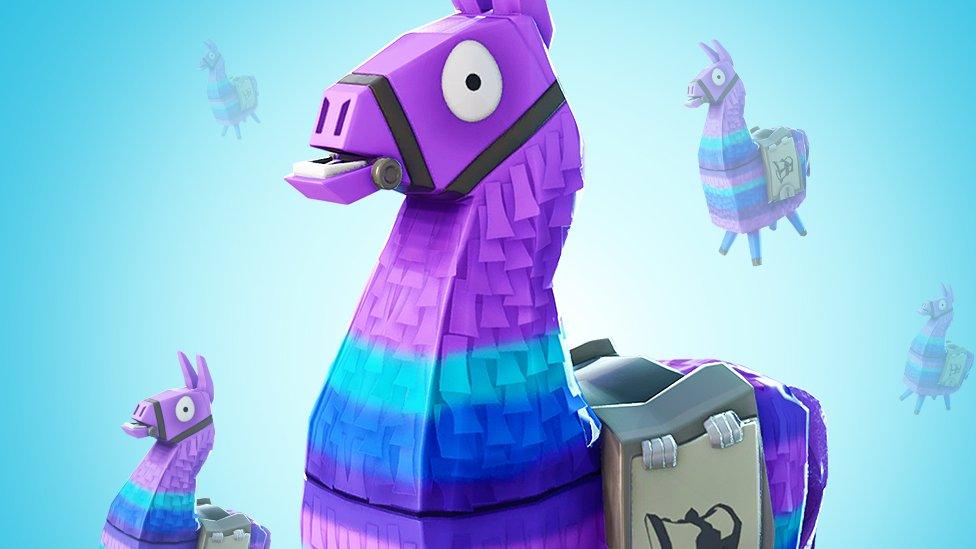Gaming and gambling: Buying loot boxes is gambling says Lords
- Published
- comments
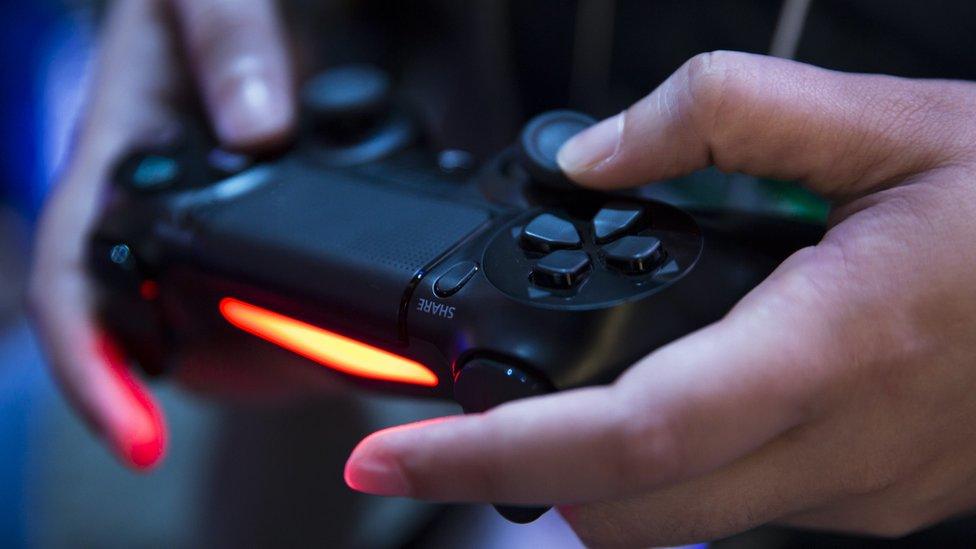
Buying loot boxes in video games should be classed as gambling, say the House of Lords Gambling Committee.
They are asking the government to act now to bring loot boxes under the control of a law called the Gambling Act.
There has been a lot of debate about loot boxes and the chances children take when buying them.
They offer players an opportunity to win rewards, like skins and in-game weapons, that can be bought for real money or traded.
"If a product looks like gambling and feels like gambling, it should be regulated as gambling," the Lords' report says.
"The government must act immediately to bring loot boxes within the remit of gambling legislation and regulation," says a statement published with the report.
WATCH: When does gaming become gambling? (July 2018)
What is a loot box?
Loot boxes contain in-game items, a bit like a treasure chest.
There are often skins - special costumes which players can put onto their character - or weapons or armour inside.
The contents of the box are typically accessed by a player spending long periods of time playing or by paying a fee.
Usually, until a player opens the box, they don't know what is in it.
WATCH: How likely are you to win big on a loot box? (July 2018)
What is the Gambling Act?
The Gambling Act was introduced back in 2005. It is a law which aims to ensure that gambling in the UK is done in a fair, open and legal way.
The law also seeks to protect both children and vulnerable people from the harmful consequences of gambling.
As things currently stand, loot boxes aren't covered by this law.
Why are people worried about loot boxes?
Experts on the House of Lords Gambling Committee, along with many others are worried about the link between gaming and gambling.
This is because there has been a rise in the number of children becoming addicted to gambling in recent years and many are concerned that loot boxes are teaching young people to gamble.
The report says: "There is academic research which proves that there is a connection, though not necessarily a causal link, between loot box spending and problem gambling."
Some children have spent huge amounts of money taking in-game risks.
A report in 2018 by the Gambling Commission, said that children as young as 11 had problems with gambling, while almost half a million kids had admitted to betting regularly.
The research also said that the number of children who had problems with gambling, between the age of 11 and 16, has risen to more than 50,000 in the two years prior to the report being published.
Lord Grade, chairman of the Gambling Committee, told the BBC that lots of other countries have already started to regulate loot boxes because "they can see the dangers" which is teaching "kids to gamble".
What is being done about the concerns?
Several MPs, parents and children's groups have also called on the government to put stricter rules in place to protect kids who play games online.
Some counties have already taken action. In 2018, Belgium became the first country to ban the sale of some loot boxes, followed by the Netherlands, saying that they are illegal gambling.
The government has told the Lords committee that its planned future review of the Gambling Act would focus on loot boxes.
But the Lords' report says: "This issue requires more urgent attention."
- Published15 February 2020
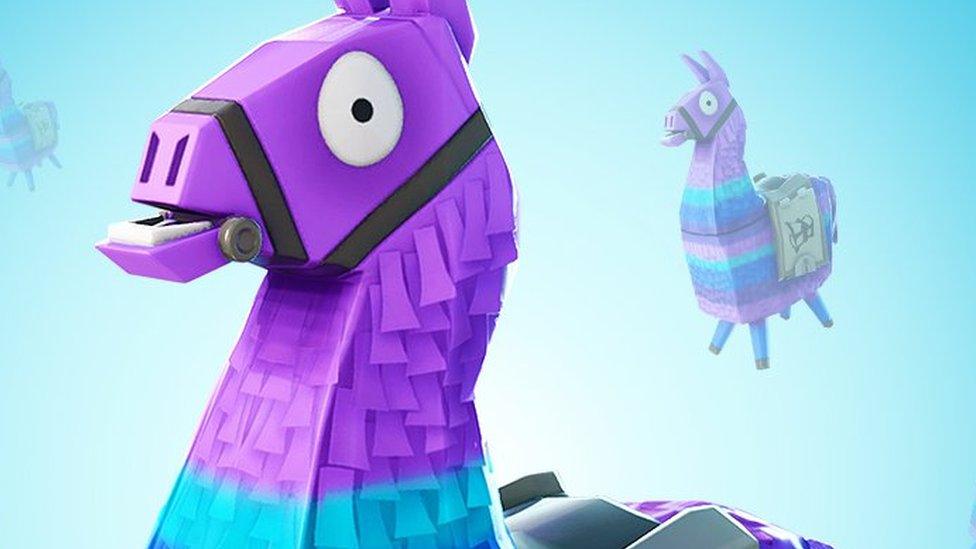
- Published24 June 2019
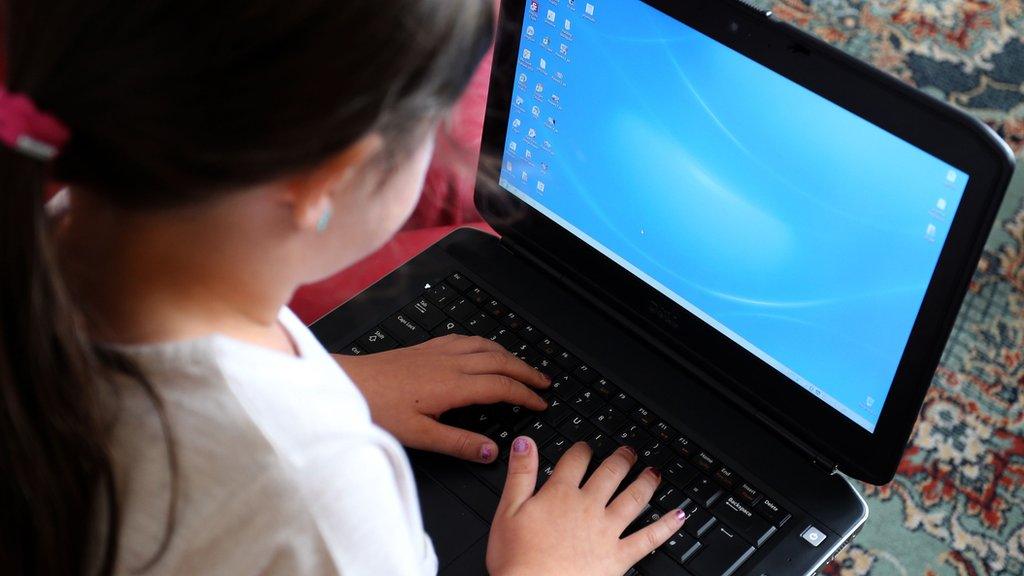
- Published12 September 2019
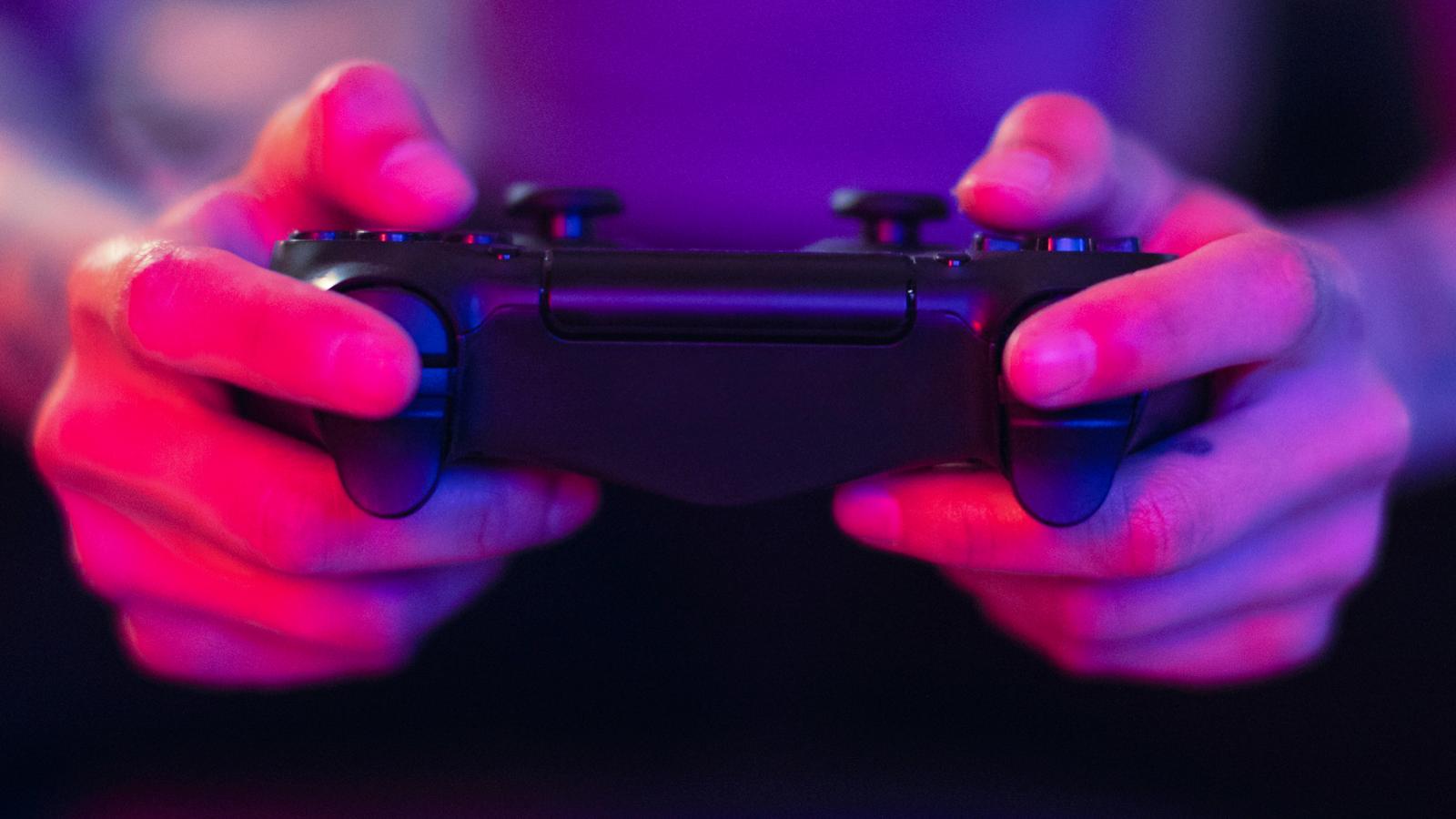
- Published29 January 2019
